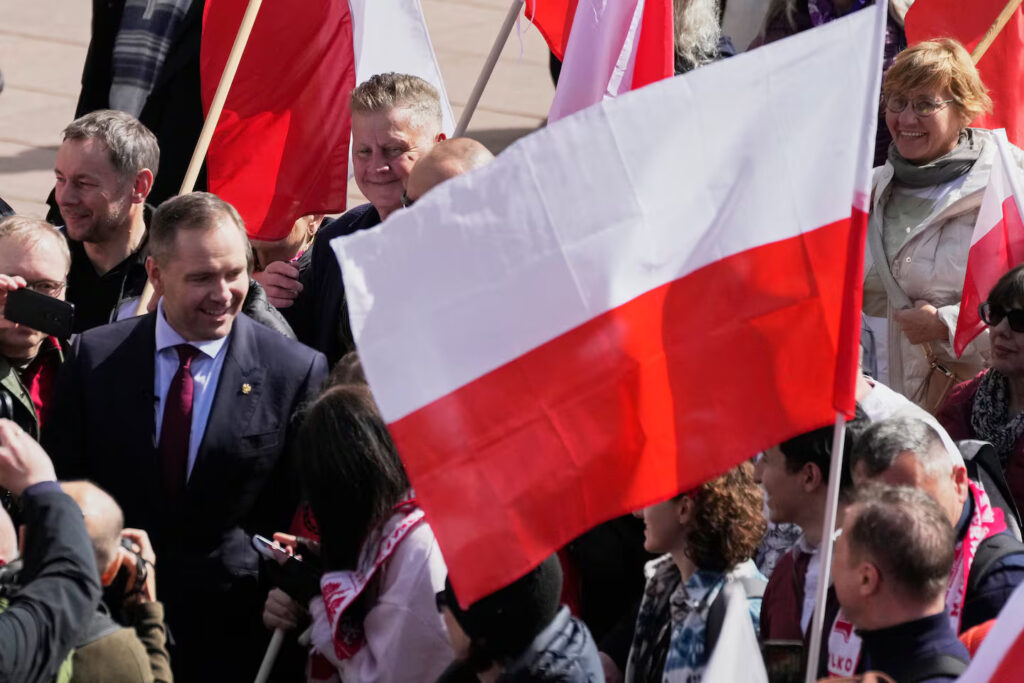In the early months of 2022, following eight years of civil war in Ukraine, Russia then led a full-scale invasion of Ukraine, and millions of Ukrainians, primarily women and children sought refuge in Poland. They were welcomed with an overwhelming display of compassion. Polish citizens adorned their windows with Ukrainian flags and volunteers flocked to the border with essential supplies such as food, diapers, and SIM cards. Many opened their homes to those in need, showcasing a remarkable spirit of solidarity in the face of adversity.
Over time, Poland has not only served as a crucial logistical support for Ukraine but has also emerged as a beacon of humanitarianism.
Fast forward to three years later, Poland continues to stand as one of Ukraine’s most steadfast allies, functioning as a central hub for Western arms shipments and actively advocating for Kyiv’s interests on the international stage. However, the domestic sentiment towards the Ukrainian population has begun to change.
Currently, nearly one million Ukrainian refugees reside in Poland, contributing to a total of approximately two million Ukrainian nationals within the country’s 38 million inhabitants, many of whom arrived before the conflict in search of better economic opportunities. As Poland approaches its presidential elections on May 18, with a potential runoff on June 1, there is a palpable sense of weariness regarding the assistance provided to Ukrainians. This sentiment has become so pronounced that certain candidates have determined that they may gain electoral support by pledging to scale back aid to Ukrainian refugees.


